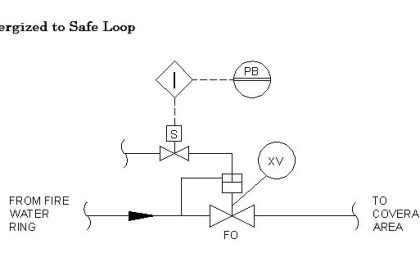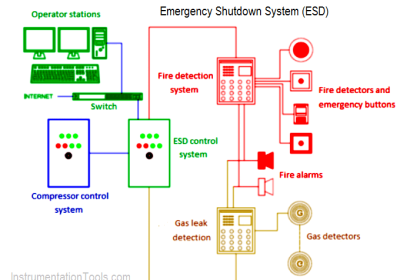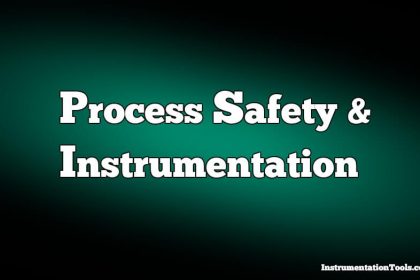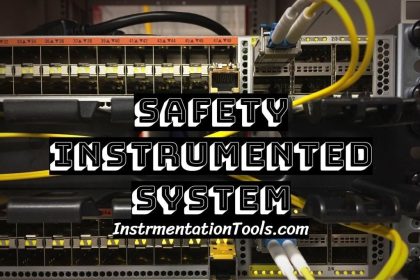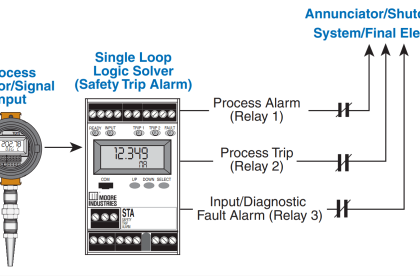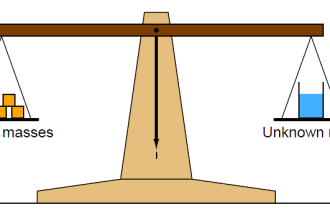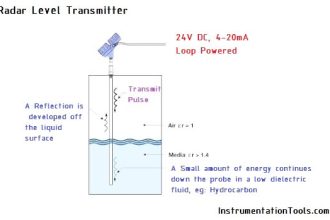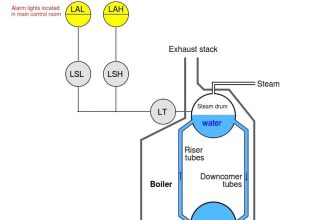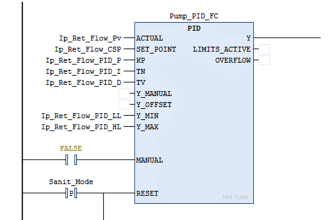SIS Audit is a procedure to inspect information, documents, and procedures associated with the Instrumented protection layer.
SIS Assessment stands for verifying the SIS design in depth by an expert who is having thorough knowledge and experience. It also verifies that a judgment can be made as to the functional safety and safety integrity achieved by every safety function implemented by SIS.
Safety Instrumented System (SIS) Audit
SIS Audit is a procedure for systematic and independent examination to determine whether the documentation and implementations for functional safety requirements comply with the design and are implemented effectively
The further audit also checks systems are suitable to achieve the specified objectives.
A functional safety audit may be carried out as part of a functional assessment at regular periodic intervals.
Safety Instrumented System (SIS) Assessment
SIS Assessment is an investigation by certified experts, based on their industrial safety system experience and evidence, to judge the functional safety achieved by the SIS or physical relief systems or external risk reduction facilities.
Standard which mandates the functional safety assessment shall be as per ISA S-84.
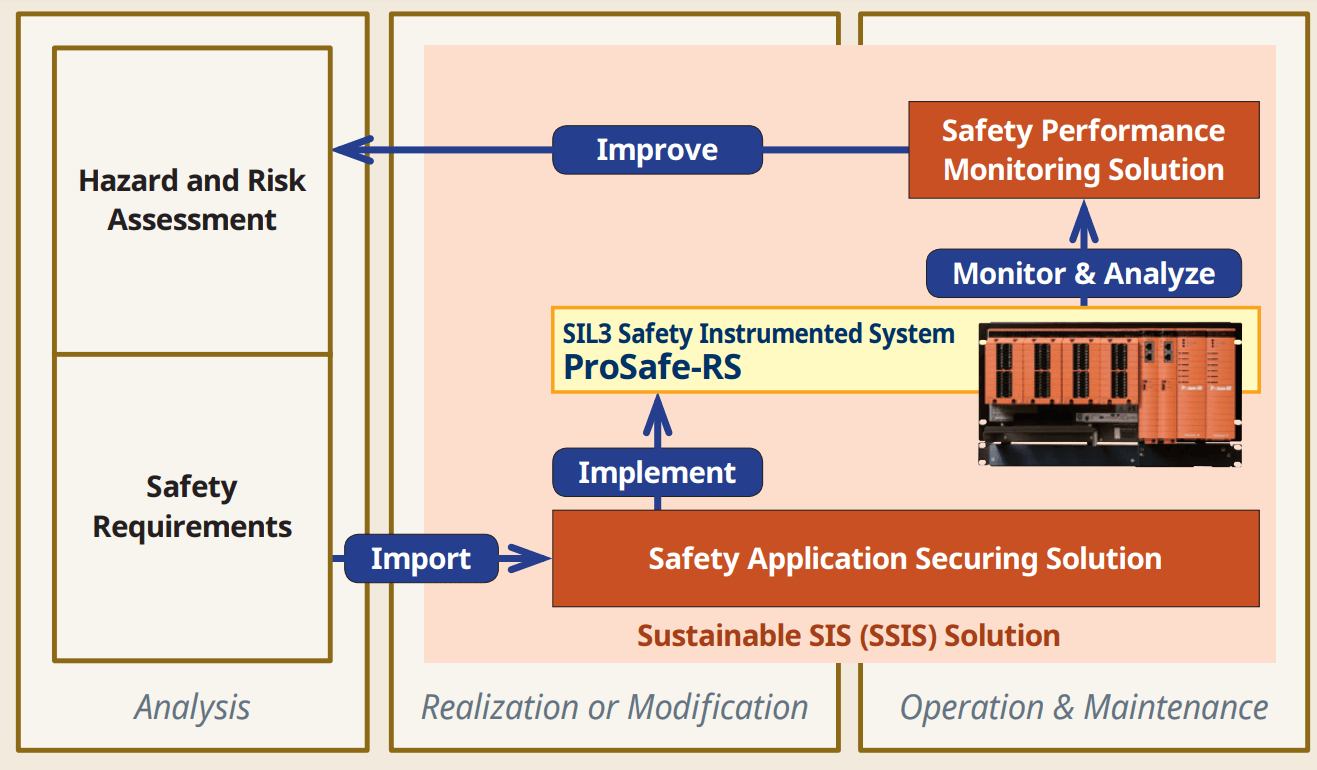
Detailed applications of SIS Audit & Assessment
The SIS work process which consists of 16 different steps may be split into 3 main categories such as:
- The Layer of Protection Analysis (Steps 1-4)
- SIS Design (Steps 5-9)
- SIS Implementation & Maintenance (Steps 10-16).
SIS audits and assessments play an important activity in many of the SIS Work process steps.
In Step 2 an assessment takes place that is typically called the project Process Hazard Analysis.
In Step 4 under the LOPA study, an assessment gets completed and the most effective protection layers are chosen.
In Step 6, the instrument design engineers verify the design meets the intent of the safety document. This is an assessment.
In Step 9, during the hardware is commissioning it must be taken care to use calibrated test equipment and also in validation steps.
In Step 11 the software assessment takes place along with the policies which govern the SIS in the plant. This is a part of the SIS Review Checklist used by the SIS Assessor. This is also known as SIS Code Audit.
According to ISA84 definitions, this is an “Assessment”— it is a detailed investigation by qualified experts who’re having Safety system reviewer certification.
In Step 12 with the validation assessment, an SIS Audit takes place as part of the Pre-Start Safety Review (this is the walk-through by Operation & Maintenance personnel with the construction team to ensure that all installations follow the industrial standards).
The automation team ensures the SIS loop performs as expected and as designed.
In Step 14 routine operation and maintenance of an existing plant. At routine intervals, 3 reviews take place [1. Technology Center review, 2. Self-assessment by different disciplines involved in SIS design & 3. Plant safety audit by Health, Safety & Environment team]
Step 15 addresses the regulatory requirement like TUV, and Exida regarding the Management of Change.
Step 16 is about the SIS decommissioning (in case of a need). This covers the entire system.
Assessment Requirement
Each SIF needs to be assessed for SIF Assessment
Checklist to be filled out for each SIF
SIS Assessment reports are to be filed with the plant’s SIF library information.
Conclusion
Each SIS designer, user, Production and Safety team staff, and leader must understand the importance of SIS Audit & Assessments and follow the procedures accordingly.
SIS design work process steps are followed diligently. Maintaining the SIS records for future reference and insurance claims (if any) is crucial for any process plants.

